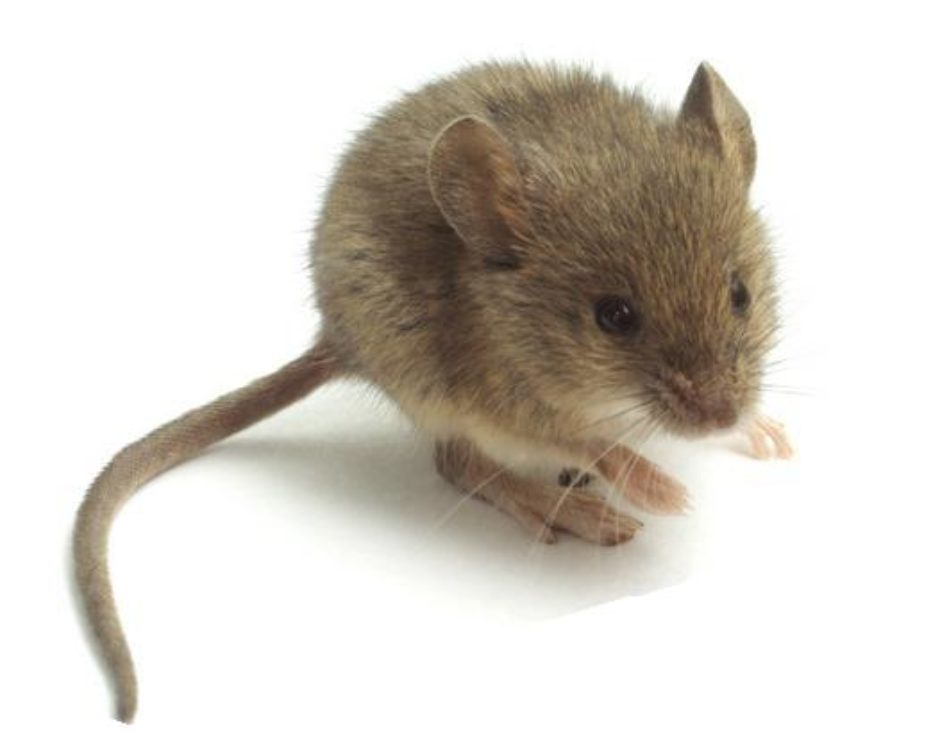 Mice need a temperate climate to survive, and don’t do well in quickly rising temperatures. If the temperature rises above 98 degrees, and they can’t find a cooler spot, they will perish.
Mice need a temperate climate to survive, and don’t do well in quickly rising temperatures. If the temperature rises above 98 degrees, and they can’t find a cooler spot, they will perish.
Mice like to clean themselves frequently. Because of this, they can become an allergy issue for humans, as some people are allergic to their salva.
Mice have a really picky way of living. They like things just so, and this can be a great thing for you! If you have mice, and chances are you do if you are reading this, then you need to do yourself a favor and think about your home.
Do you have a warmer than usual home? Is it around 72-78 degrees? Perfect temperature for mice! They like it warmer, and can adjust to even warmer temperatures, if need be. That skinny furless tail is a great way to eliminate body heat!
Unlike a squirrel, they can remove heat through their tail. And, even though they have more of a chance to live in a warm climate, if the weather gets chilly, they will push their way into your home easily if they feel like it is better than outside.
If you can stand it, keep your home cooler. In the fall and winter especially. It may be hard for some, but if you can dedicate yourself to keeping the temperature down around 66-68, they are going to the neighbors! That is, unless the neighbors keep it at 62-65. You decide if you can do this, but mice are more likely to move versus putting up with cold weather. Kind of like some people as well!
Another weird thing is, if the house is dry, they do not like it. They are more inclined to stay at a more humid environment, versus a drier one. The reason is they can get itchy and dry skin, and even develop some forms of fungus and yeast infections in a drier environment.
So, crank up the AC, turn down the heat, and keep that dehumidifier going! It will help to deter them in more ways than you can imagine. Keeping this in mind, where do you normally see mice? Usually in more warm and humid areas, right? It only makes sense.
They too, are really sensitive to light. So, if you have them in the basement, and you are OK with lights on for a couple of nights, you can leave some bright lights on, and see how that affects them.
Of course, this is just one step in the process of mouse elimination. The real key is preventing them in the first place, but sometimes it is too late for that advice. However, once you remove them, with the series of ideas we have here, you can really make a difference, and step forward with prevention.
Little buggers!

I have two healthy indoors-only cats.
I found a drowned mouse in the basement toilet today and promptly flushed it. And flushed again.
I’m just wondering. Was it loose inside the house and fell into the toilet? Or had it arrived via the toilet and been unable to climb out?